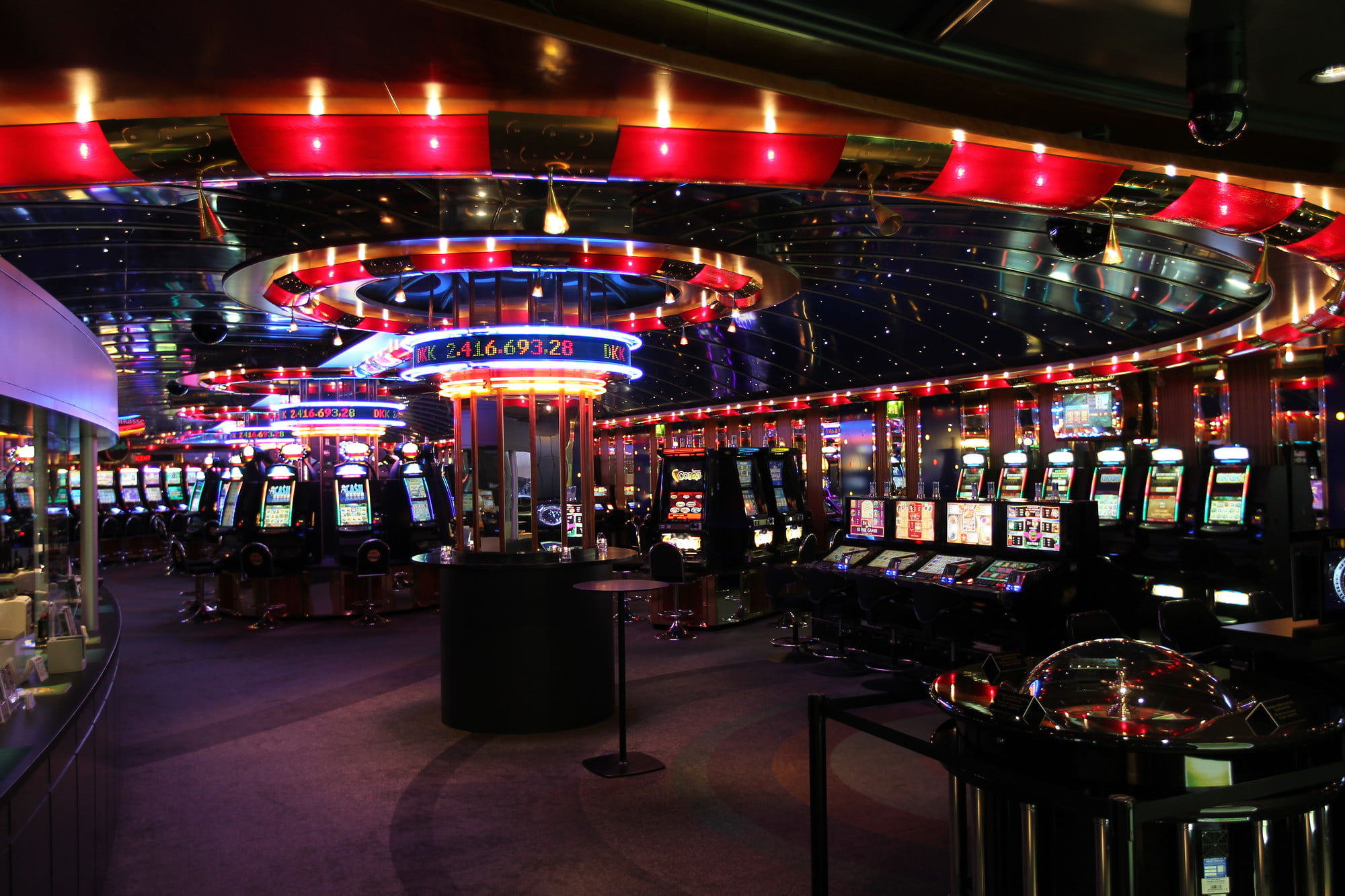
In the world of gambling, in which chance and strategy converge, a unique tapestry of beliefs emerges—one that intertwines luck, fate, and the enigmatic nature of casino games. Casinos, bustling with excitement and anticipation, are not just spaces for placing bets; they are also arenas where superstitions thrive. Ranging from the novice player to the seasoned gambler, these mysterious practices often shape how individuals approach the games they play, holding the belief that their actions can influence the outcome in ways that go beyond mere probability.
As players gather around roulette wheels, blackjack tables, and slot machines, the atmosphere is thick with stories of lucky charms, rituals, and codified behavior that defy logic yet provide a sense of comfort. It could be the case that it’s wearing a specific outfit, following a particular sequence of bets, or even avoiding certain numbers, the attachment to various superstitions reflects a deep-rooted desire to control the uncontrollable. no verification casino This article delves into the captivating world of casino game superstitions, investigating the beliefs that simultaneously entertain and mystify those who dare to play.
Cultural Roots of Superstitions
Casino activities have long been entwined with an variety of superstitions that trace to ancient civilizations. The origins of these beliefs can be linked to humanity’s intrinsic desire to control the random outcomes associated with chance and chance. In ancient civilizations, games of chance were often linked to spiritual practices. Gamblers would call upon blessings or ask for favor from deities, believing that their actions could affect the odds in their favor. This foundation laid the basis for the multitude of superstitions that proliferated as casino games evolved over ages.
During the medieval period, gambling became a common activity across the continent, and with it, a diverse tapestry of superstitions emerged. Participants adopted various rituals and charms, believing they could affect the results of games. The importance of numbers, in particular, emerged to show in superstitions around card games and dice. The number 7 was often considered auspicious, while other numbers carried negative connotations. These beliefs mirrored the societal contexts of the time, adapting as they moved through generations and adapted to different gaming environments.
As gambling houses appeared in the 1600s, particularly in the Italian peninsula and the French nation, the atmosphere surrounding gambling became saturated in enigma. The growing accessibility of gambling games allowed for the spread and variation of superstitions among players. Concepts like lucky charms, special seating arrangements, and rituals gained importance, creating a special culture within casinos. As these customs continued to thrive, they became fundamental to the essence of casino activities, illustrating how the past and tradition shape the belief systems that influence how players engage with chance.
Popular Casino Superstitions
Beliefs surrounding gambling activities are plentiful and diverse, reflecting the hopes and anxieties of players as they participate in chance-based games. One of the most common views is that certain numbers bring fortune or bad luck. For example, the digit seven is often seen as a lucky digit, frequently embraced by gamblers looking for a positive outcome. Conversely, the digit 13 is routinely considered cursed, leading many players to steer clear of it during their gaming periods.
A common belief relates to rituals that players believe can influence their odds. It could be blowing gently on the dice before a roll, using a specific gesture to place a wager, or even wearing specific items of clothing, many individuals feel that these actions can sway fate in their benefit. These rituals offer a sense of power in an otherwise unpredictable environment, reinforcing the idea that fortune can be manufactured through personal beliefs and habits.
Lastly, the environment and vibe of the gambling house itself adds to superstition. Many gamblers suggest that the presence of certain symbols, such as four-leaf clovers or fortunate coins, can enhance their chances of winning. Additionally, gamblers might adhere to the belief that victory streaks can be halted by mundane occurrences, such as someone passing by or a spill at the table. The collective environment in a casino can amplify these superstitions, creating a shared culture of superstitions that goes beyond single encounters.
Impact of Superstitions on Players
Beliefs play a important role in the psychology of casino players, often influencing their actions and choices. Many gamblers believe that luck can be influenced through different rituals, such as wearing a lucky charm, selecting specific colors, or steering clear of particular digits. This dependence on superstitions can create a feeling of control in an environment that is intrinsically unpredictable. Players frequently feel more confident and involved when they feel that their actions could sway the outcome of a game in their advantage.
The impact of these superstitions extends beyond singular players, affecting the general atmosphere inside the casino. For instance, a player who holds the belief in the luck of a certain slot machine might draw a gathering, as others are fascinated by their apparent luck. This shared belief can amplify excitement and create a dynamic environment, leading to an captivating experience even for those who may not necessarily be believers themselves. The buzz around certain games can lead to increased participation and extended playing sessions, supporting the casino’s lively social scene.
In some cases, superstitions can lead to detrimental effects for players. Relying too much on rituals can result in bad gambling decisions, as some may ignore basic strategies in favor of baseless beliefs. Additionally, the pressure to perform rituals may increase anxiety and tension, detracting from the pleasure of the experience. Ultimately, while superstitions can enhance the excitement of playing casino games, they can also lead to foolish choices that overshadow the fun and amusement intended in the casino experience.
